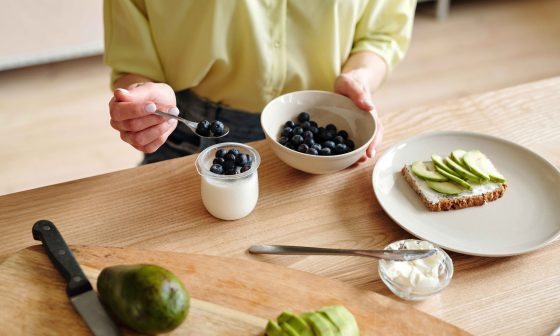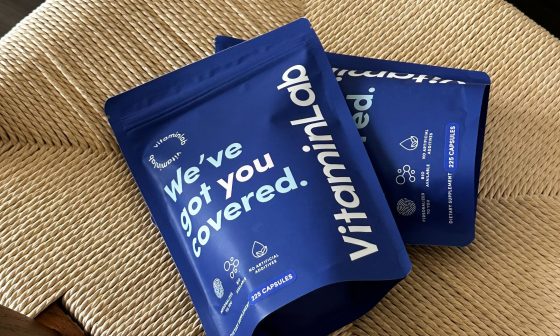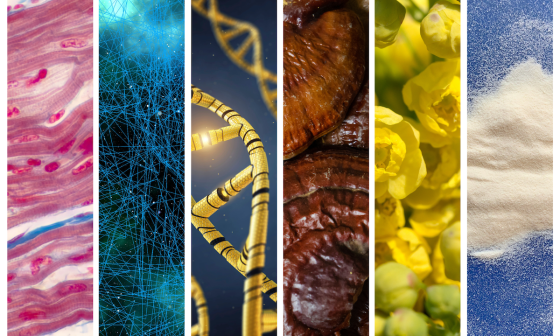We’ve all been there — spending countless hours scrolling through websites, reading reviews, trying to figure out what works and what doesn’t? Beyond the time you’ve spent digging into your skincare, you’ve probably invested in a variety of products or regimens with crossed fingers and high hopes that it’ll do the trick. And while we spend all this time on the outside, how many times have we focused on what goes into our bodies? Don’t get us wrong, we’re all about a good moisturizer and an SPF (toss in a few oils, a serum and a couple sheet masks because who’s counting), but they aren’t going to make up for what’s going on on the inside. When it comes to taking care of your skin it’s important to nourish from the inside out. Your skin won’t drink water or get all the vital nutrients for you — it’s up to you!
Have you ever noticed that a lot of the higher price point skincare items are usually serums packed with vitamins? We’re looking at you Vitamin C. So here we are, delicately patting vitamin C or B3 onto our skin without paying as much attention as to how much of these vitamins are actually going into our bodies. Our skin acts as one of the main points of contact for our bodies to communicate with us, so oftentimes when our skin is acting up, there might be some deeper digging to do. And while getting to the root is key, here are the top 7 supplements we add to our stack to support skin health.
1. Hyaluronic Acid (HA)
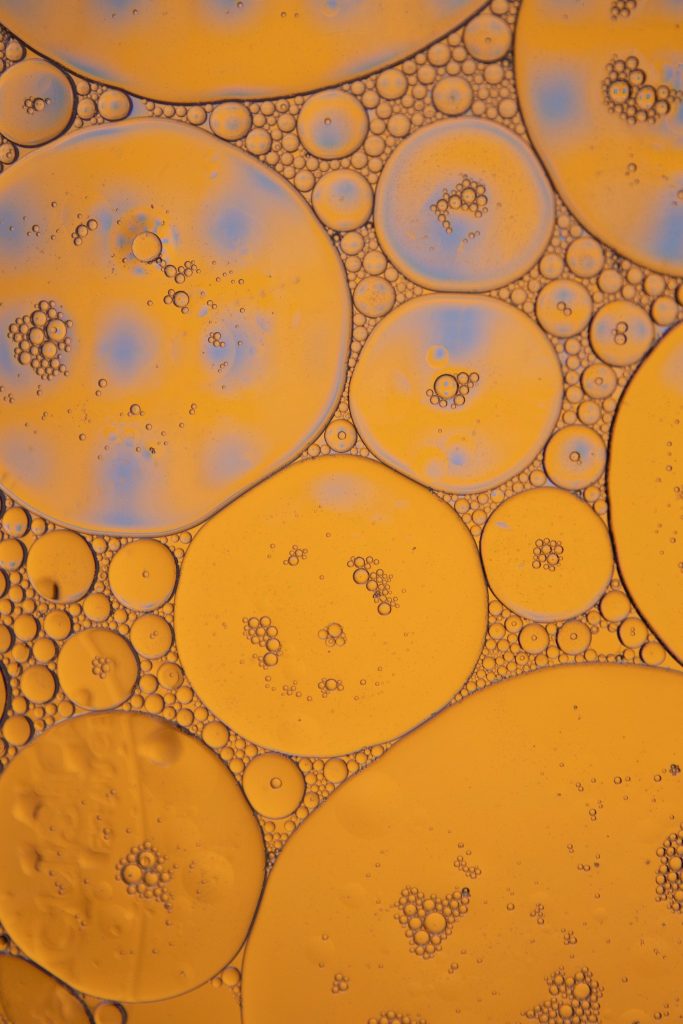
If you’ve done your skincare research before you’re likely familiar with this gel-like substance. In fact, if you read the ingredients label on a few of your favorite moisturizers, it’s probably on there. But there’s a few things you might not know about hyaluronic acid. Our bodies naturally produce HA, but as we continue to age, we continue to produce less and less; however, supplementing with HA may prevent this decline.
The role HA plays on the skin is an important one — HA not only pulls moisture in, but keeps it locked in. Locking in moisture is the MVP when it comes to building a healthy skin barrier. In fact, HA molecules can hold thousands of times their weight in water molecules. Get this, approximately 1 gram of HA can hold 6 liters of water and roughly 50% of the body’s HA is found in the skin.
Hyaluronic acid may promote overall cell production as well as supporting a healthy skin barrier and locking in moisture. It may also prevent the appearance of fine lines and wrinkles.
2. Collagen

Collagen is another substance that’s produced naturally in the body, but again as we age and as we’re exposed to more pollutants and toxins, natural production decreases. Collagen not only makes up a third of the protein in the body, but it’s also the primary component of connective tissues. It’s truly the glue that holds everything together.
Collagen may support the skin by keeping it tight and improving the overall elasticity, preventing wrinkles and fine lines, and improving hydration.
We could go on and on about collagen, and in fact, we have… If you’re keen on learning more about collagen you can check out our blog dedicated solely to this wonderful protein here.
3. Biotin
Biotin, also known as Vitamin B7, is part of the B-Complex family. You may have also heard biotin being called Vitamin H. The “H” standing for Haar and Haut, which are the German words for Hair and Skin. Symptoms of biotin deficiency can manifest as skin rashes, thinning hair or brittle nails.
So what exactly does biotin do in the body? It’s primary role is to turn food into energy, but because so many enzymes and functions rely on biotin, like the formation of fatty acids that nourish the skin, it can wind up playing a big role in the appearance of healthy and happy skin.
4. Vitamin E
Vitamin E is a powerful antioxidant that can be used both topically and orally to support overall skin health. Antioxidants protect the skin from oxidative stress caused by free radicals. It’s normal for our bodies to produce free radicals naturally, but we’re also exposed to free radicals through toxins, chemicals or pollutants. Remember our friend collagen? Well free radicals bind to collagen and weaken the overall elasticity of our skin amongst other harmful chemical reactions caused by free radicals. Antioxidants come in to stabilize the free radicals to prevent further damage and limit these chemical reactions.
Given Vitamin E’s anti-inflammatory properties it may also reduce redness, calm irritated or inflamed skin and promote a healthy glow from the inside out.
5. Vitamin B3
Vitamin B3, also known as niacinamide (which you’ve also likely seen on a few ingredient labels of your favorite moisturizers and serums) is another great vitamin to include when supporting your skin health. It’s primary function when it comes to supporting the skin is as a brightening agent.
Vitamin B3 also has anti-inflammatory properties and is a great option for those with sensitive skin or those with psoriasis or eczema looking to reduce redness. When taken orally B3 may also help to reduce acne and promote a healthy skin barrier.
6. Vitamin C
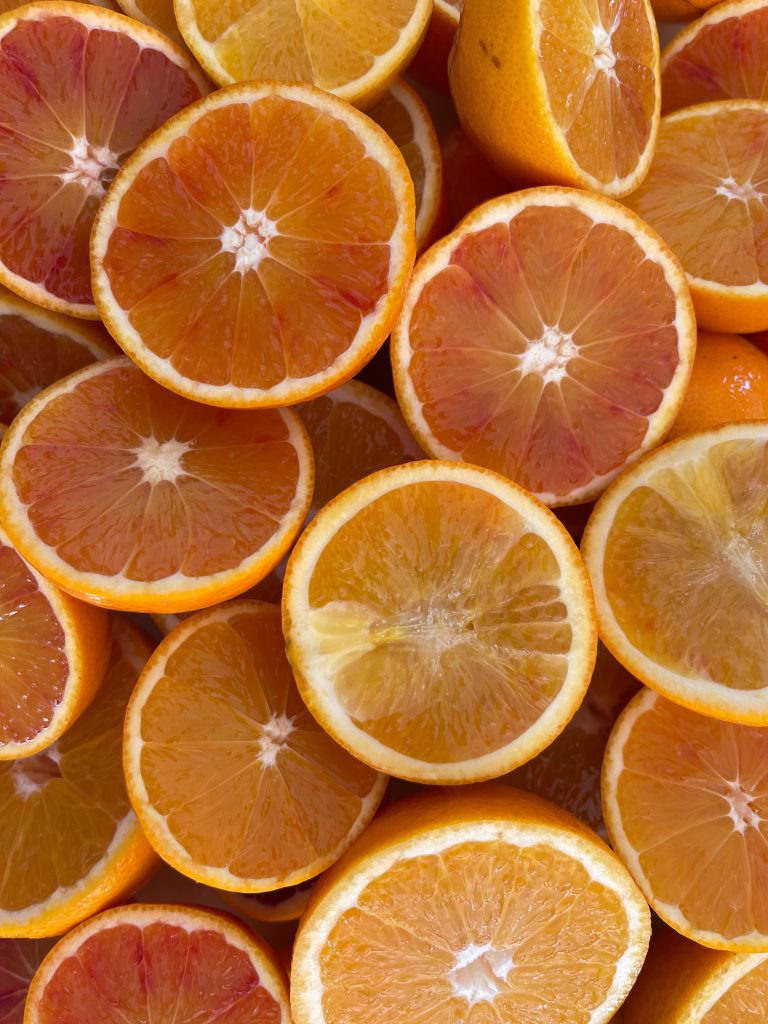
What would an article on skin health be if we didn’t touch on vitamin C? This absolute powerhouse vitamin, similar to vitamin E, is an antioxidant that may not only protect the body and skin from environmental stressors, but also help to repair damaged cells.
Vitamin C may also help the body to not only produce more collagen, but also help to maintain its shape. Supplementing with vitamin C increases the amount of vitamin C in the skin and, like niacinamide, it is also used as a brightening agent to reduce the appearance of dark spots and uneven skin tone.
7. Bamboo Silica

Last, but most definitely not least, is bamboo silica. The bamboo plant is one of the plants most abundant in silica and it’s truly a game-changer when it comes to skin health. It may increase the levels of collagen that our bodies naturally produce, and it may also improve the elasticity of your skin – making it tighter and firmer to maintain the appearance of youthful skin.
It’s also full of amino acids which may help to prevent the damage of oxidative stress and build a healthy skin barrier, while also locking in moisture by supporting the synthesis of glycosaminoglycans (GAGs).
So the chase we’re trying to cut to — supporting the skin goes beyond what you use topically, and while we’re here for all the serums, gels and mists, we also wholeheartedly believe that skin health goes deeper than what’s on the surface. Listen to what your skin is telling you and start from the inside out.


